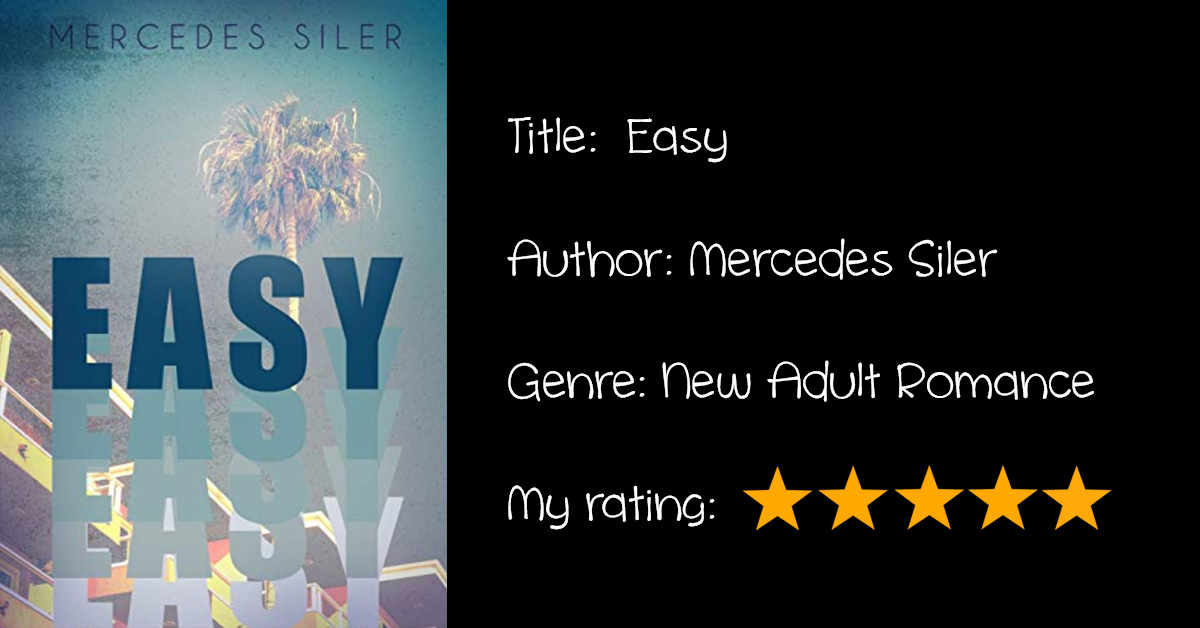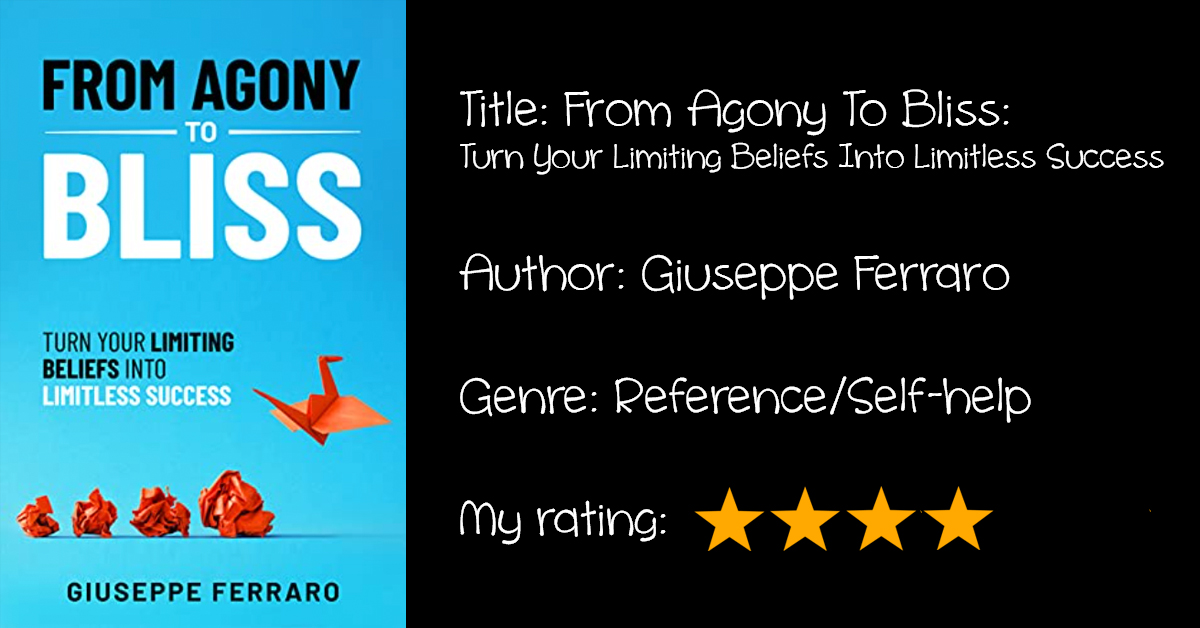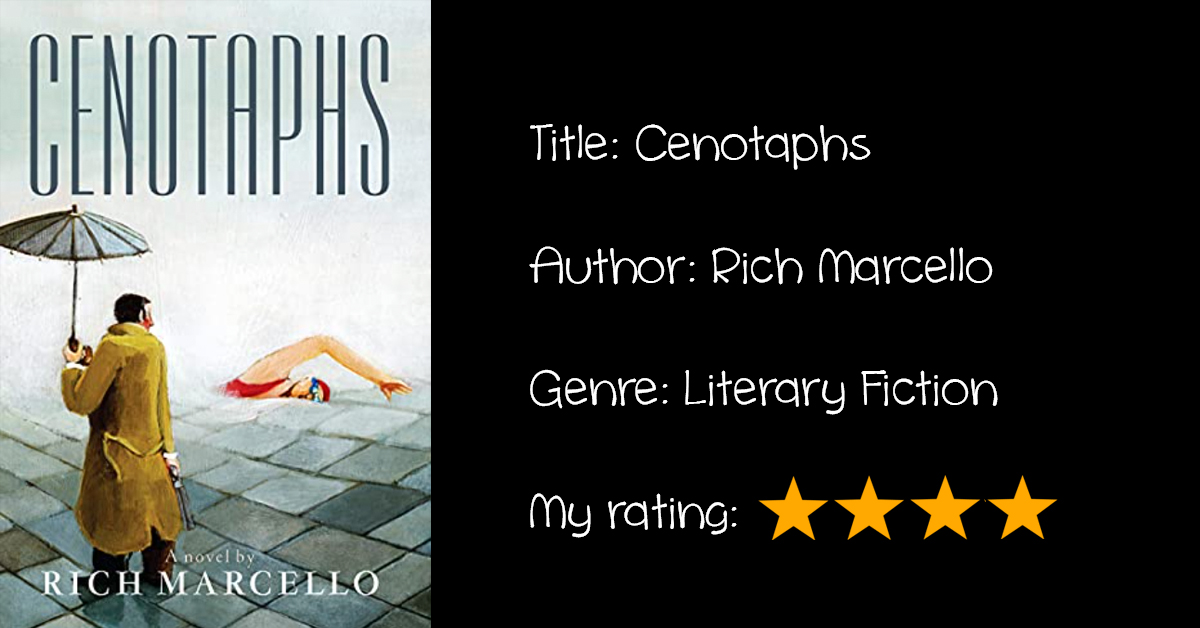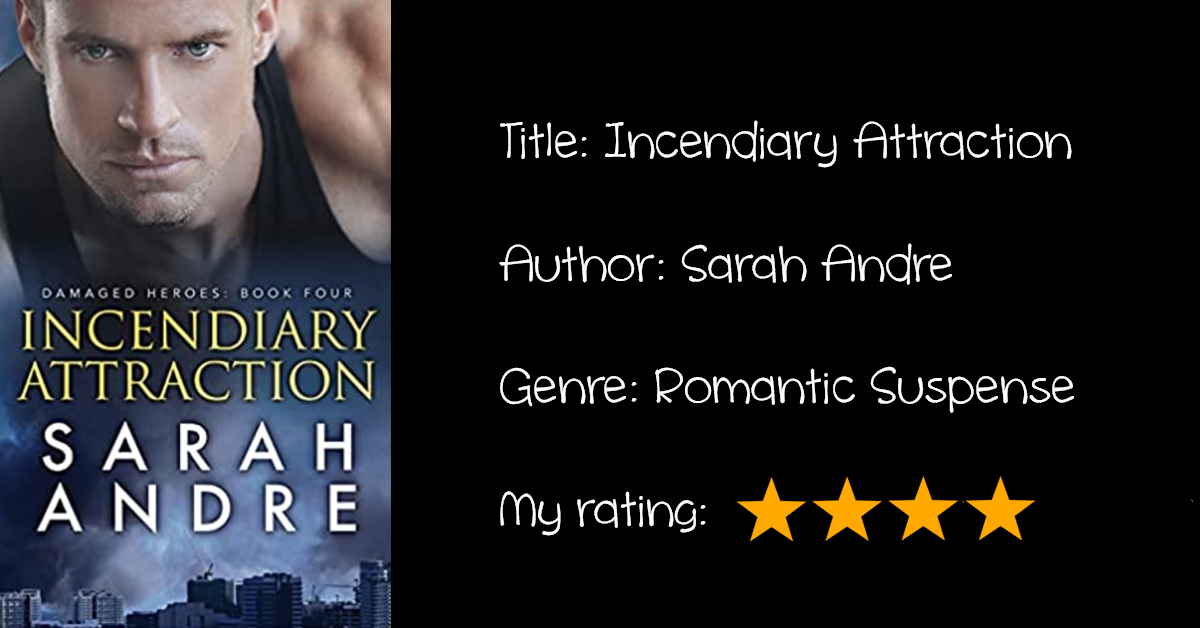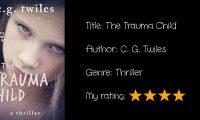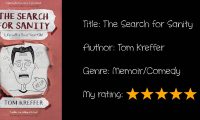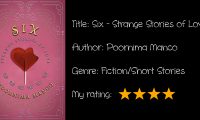Review: “Portraits of Childfree Wealth”
An informative and insightful look at those who challenge the “status quo” script of life by actively choosing to be childfree
This was my fifty-third book I chose via the Reedsy Discovery program, for which I am the single approved reviewer for this new book. This review also appears on Reedsy.
If you’re interested in becoming a Reedsy reviewer (and have the chance to get paid “tips” to review books!) check it out here.
The Premise
Dr. Jay is childfree and the founder of Live, Learn, Plan, and Childfree Wealth, a life and financial planning firm specialising in helping childfree Individuals. This book compiles portraits of 26 childfree individuals he interviewed, and explains many common terms about the childfree community.
The Pros & Cons
This was an informative and insightful look at those who challenge the “status quo” by choosing to be childfree.
The author demonstrates that there is no one singular reason but a myriad of reasons. Some have chosen this because of trauma in their past with families, considerations for finances, mental and physical health issues, other obligations to care for elderly or disabled family members, other relationships with children that they appreciate but prefer not to have responsibility for parenting, and much more.
The vignettes are interspersed with the author’s analysis as he discusses terms such as: FIRE (Financial Independence, Retire Early) where the goal is retirement; FILE (Financial Independence, Live Early) which is more of a “dimmer” switch for work rather than the “off” switch of FIRE; the LAT movement (Living Apart Together) for modern [and often childfree] relationships; and “The Gardener & The Rose” analogy, whereby a couple takes turns allowing their partner to follow his/her dreams.
I appreciated that it featured a wide range of persons — some with partners, some without; different levels of wealth; some who were dating someone with kids (but they themselves remain childfree with no obligations); those from different racial and cultural backgrounds; those who had positive family relationships and/or came from big families as well as those who were only children; and so on.
Some pertinent quotes were:
“What a lot of guys would want and expect from a woman was also just a massive turn-off. They were just like, my dad worked four jobs, and my mom stayed at home taking care of 12 kids. And I’m like, no, no, no.” – Alison
“I think it’s freedom for me. Freedom, autonomy. It’s on a macro level, like this evening. If I want to go do a thing, I can just go and do a thing. It doesn’t matter what the thing is.” – Matt
“I can quit a job that I don’t like. I can quit a career that I hate. I’m not reliant on that money for someone else whom you can’t get rid of. The wealth is in the freedom.” – Autumn
In some cases, the very idea of choosing NOT to have children wasn’t an option until someone else introduced it to them, and they eventually found online communities that were supportive to those who live this type of lifestyle. Notably, the wider society is exclusionary or judgmental towards the childfree community. For instance, women often struggle to find doctors willing to do sterilisation; some employers afford more benefits or time off for parents rather than the childfree staff; and families also lean heavier on financial and other support from their childfree members.
The format and layout were easy to read, and I liked the use of direct quotes as it felt like I was having a conversation with someone. Admittedly, it does get quite repetitive (and the author acknowledges that), with many themes emerging such as a correlation — or causation? — due to growing up in poverty. Many interviewees also expressed huge relief about being childfree during the Covid-19 pandemic, as children could have been even more detrimental to their emotional and financial wellbeing.
Despite the many backgrounds, beliefs and opinions, my greatest takeaway is simply: “Being childfree allows us to stretch, learn, and reinvent ourselves.”
And, in the words of one of the interviewees, who knew that her very existence compromised her mom’s trajectory in life:
“You might have a kid and regret it too.” – Amelia
Conclusion
Though I myself recently became a parent, I chose this route extremely carefully and only because I fulfilled certain conditions prior (education, relationship, career, and financial goals, etc.). I fully support my friends who have chosen to be childfree, and I chose this book to gain more insight into their community. I can see it being a catalyst to changing someone’s life, if they happen upon this book at just the right time and get pointed in the direction whereby they suddenly realise: “Wait, I don’t HAVE to have children!” It is a brave move for many, who will likely always be judged by friends, families, employers, medical professionals, and even random strangers with insensitive remarks. Choosing to be childfree is a revolution in itself, and I thank the author for providing a voice to this community.

